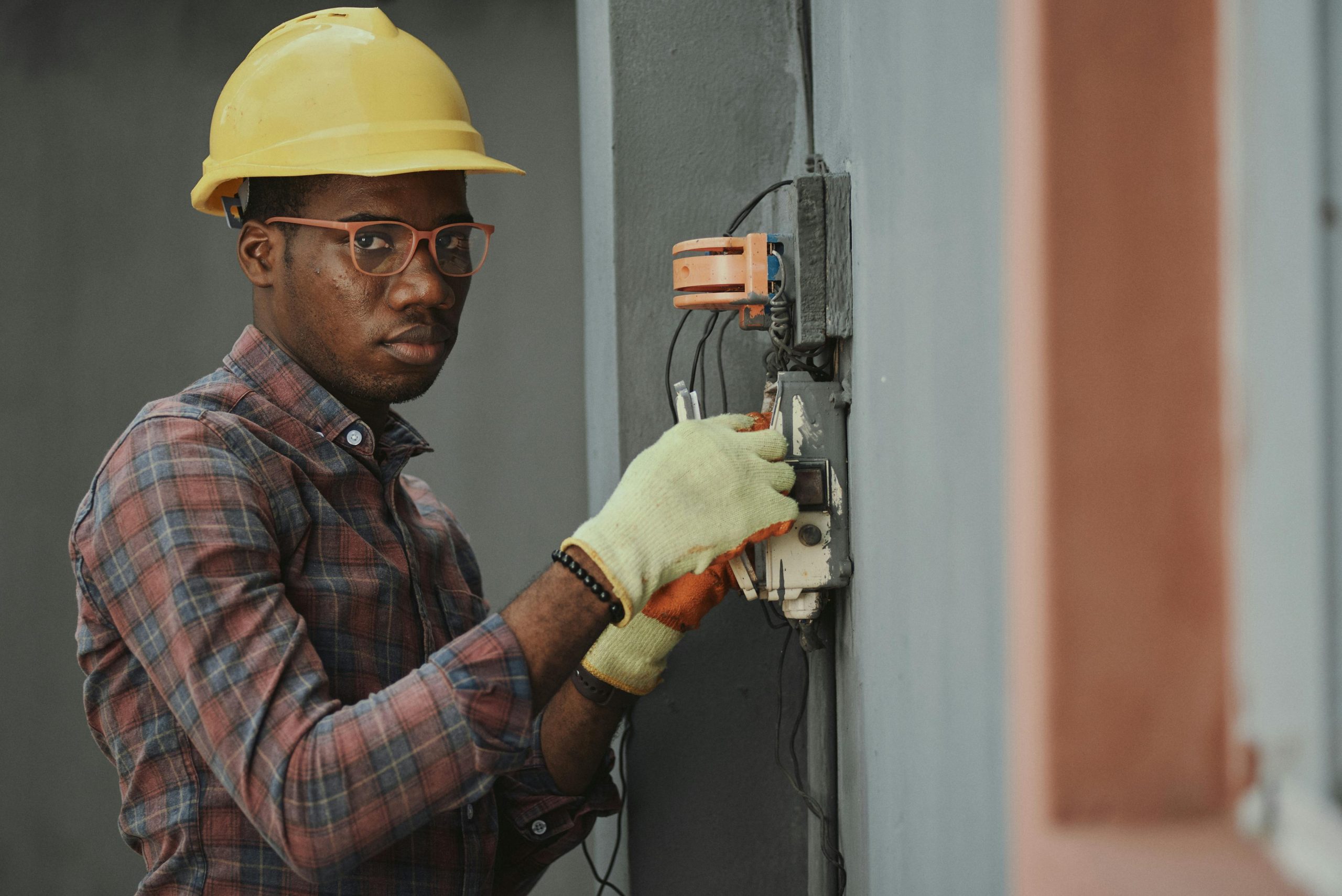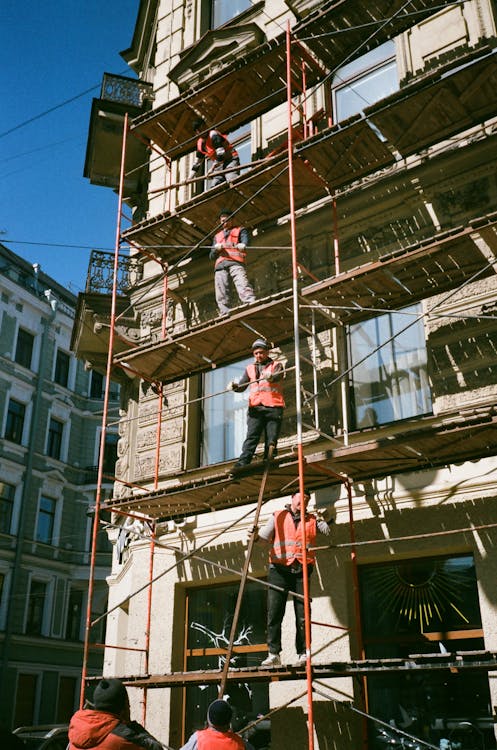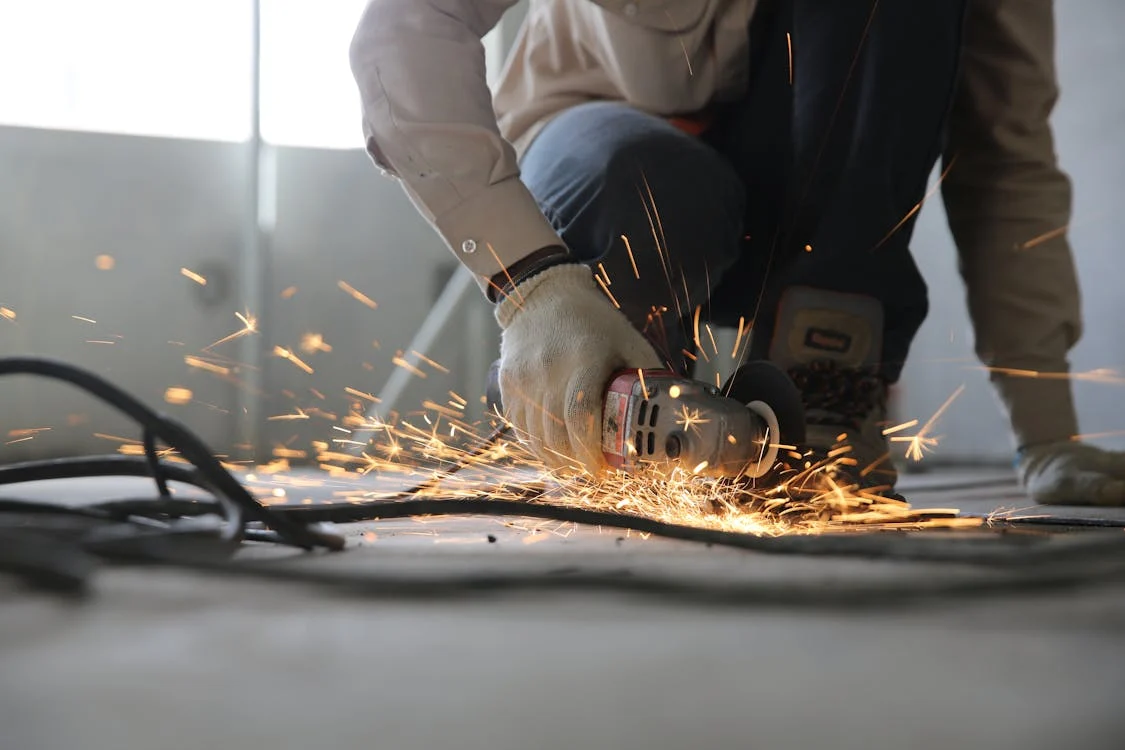Promoting equality: women in the construction industry

The UK construction industry generates over £110 billion per year and contributes 7% of GDP to the UK economy. It is approximately one quarter public sector and three quarters private sector with around 60% of construction projects being new-build and 40% maintenance and renovation projects. With approximately 3 million jobs (10% of total UK employment), the construction industry has a massive impact on all of our lives. Why then, are only 13% of the construction sector’s workforce women? Let’s take a closer look.
Challenges facing female construction workers
The construction sector is a traditionally male-dominated industry, making achieving equal opportunities in construction challenging. It can be a difficult environment for women who can sometimes face discrimination in the form of sexual harassment, pay inequality, inadequate facilities and resources, lack of opportunity and social stigma. Because of the lack of women in the construction industry, there is also a shortage of female role models, leading to a deficiency in mentorship opportunities for women seeking to advance their career in construction.
According to recent statistics, the gender pay gap in the construction industry is still one of the largest in the UK. Figures from March 2019 suggest that men working in the construction industry were paid on average 20% more than women for doing the same job. This is a damning statistic, highlighting the inequality facing the industry. It is, however, not an entirely negative figure. The number has fallen significantly from last year’s 36% disparity and is predicted to fall further in coming years.
Why should women pursue a career in construction?
There is a huge labour shortage across the industry and construction sites are in need of new applicants.
With government targets to build 300,000 homes per year in England and a commitment to invest over £1 billion in training and apprenticeship programmes, now is the perfect time to embrace a career in construction. Construction companies are also embracing gender awareness, and although a diverse workforce is not yet the norm, in recent years the industry has taken important steps towards embracing greater diversity.
Steps towards achieving equal opportunities in construction
The requirements of the Equality Act of 2010 protects individuals from discrimination in the workplace because of ethnic origin, age, sexual orientation, marital status, nationality, gender identity and being pregnant or on maternity leave. This Act ensures the protection of people in the workplace, making it an important part of the journey towards a more inclusive construction industry.
As a new generation of senior management takes control, diversity, equal opportunities and an inclusive workplace are becoming a central part of the drive for employment. In embracing diversity and inclusion, the construction industry will be able to draw from a far wider pool of talent, benefiting everyone.
For young women entering the job market or looking for work experience and more mature workers seeking a career change, the construction industry looks like an excellent option.
Wealth of opportunities
From office-based administrative, managerial, and project roles to skilled and semi-skilled manual building and engineering positions, the industry has never looked more attractive.
A dynamic and fast-changing environment
The increase in high-tech building design in construction including BIM (Building Information Modelling) software, robotic engineering and a plethora of new surveying and site management technology, the construction industry is an exciting place to be.
High potential earnings
On average, female construction workers earn 30% more than workers in traditional female-orientated roles. This figure is likely to increase as more women follow a career in construction.
The discrepancy between male and female workers in the construction industry is far from ideal. It is quickly progressing however, and looks set to continue in this way. Achieving equal opportunities in construction for women will be a long journey, but there are reasons to be optimistic.
If you’re a woman who’s interested in a career in construction, at PPR recruitment we employ an equal opportunities policy and will always reward the best person with the role most suitable for them, regardless of gender.
For more information about our current vacancies or to find the perfect employee for your latest project, call PPR Recruitment on 01895 808188 or send us a message online.







